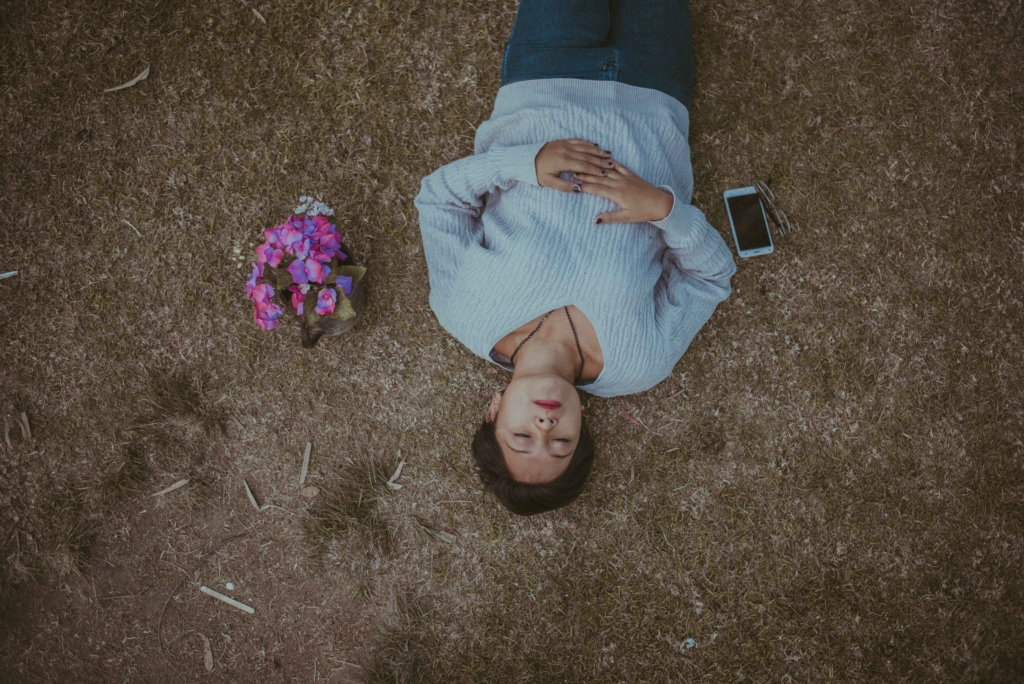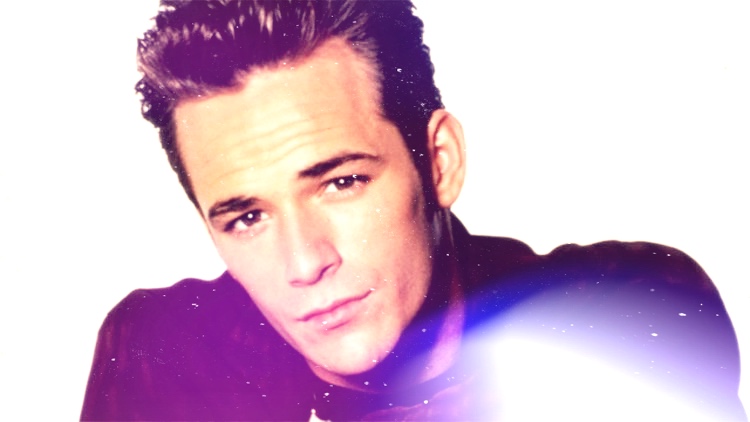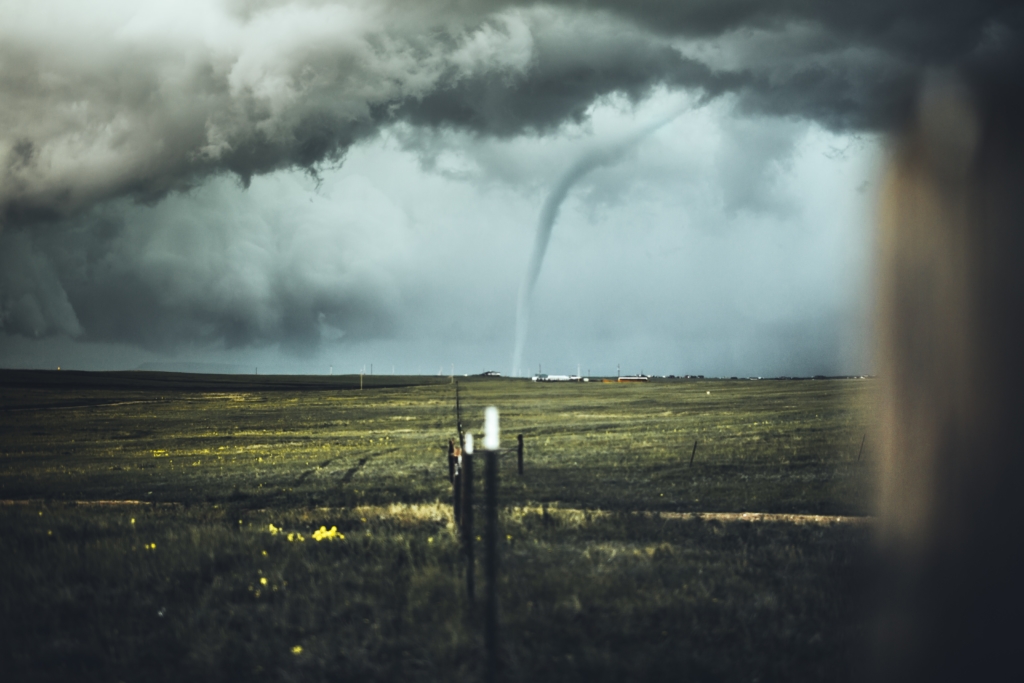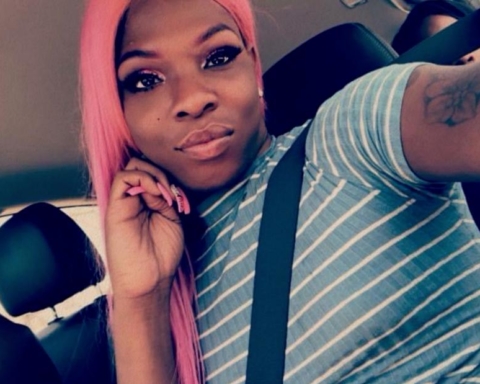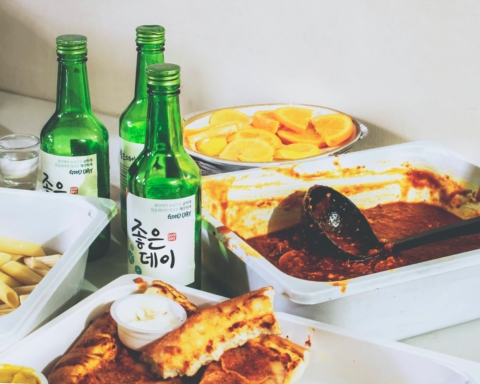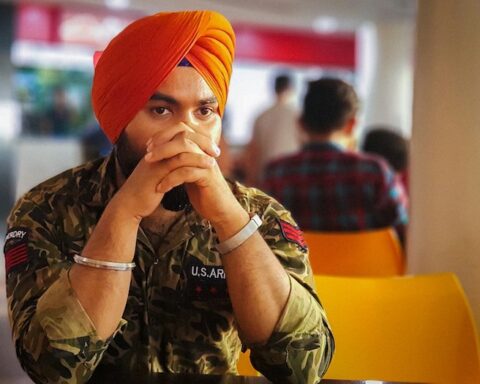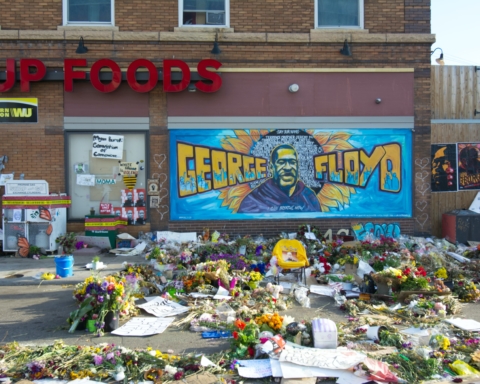I am writing another poem about suicide. Every poem
I write seems to start there, if only because for all
the times I wanted to commit suicide, I did not and so
I am still here to write these poems. There are demo-
graphic factors to this. For starters, that I could learn
to write. That my family could afford the laptop on which
I now write. That I went to a school which let me write
poems that at the time did not seem to be about suicide
and instead stole Emily Dickinson’s mock-sonnet form and asked
questions about existence and the universe in lofty
old language, but reeked of a desperate sadness
that sometimes I think all teenagedom reeks of. That I had
the space in which to reek of this and to be a teenage
girl, though of course that also means I was a teenage girl.
Everything seemed to tell me I should not write, or could
not write well. I had chronic headaches the doctor told
me were common for girls, even after I already knew
they were a problem. I could not write in notebooks
without my palms cramping and my arms sticking in
place, hence the laptop. I cried a lot. One demographic
factor here is that more women than men are depressed
and more women want to commit suicide than men, but
more men actually go through with it. Another is that almost
twice as many contemporary poets today are women
than are men, and when I name writers the ones I love
most are always women. The ideology of understanding
your feelings enough to explain them to others in a style
imagined as secluded, confessional, and emotional is
a kind of femininity. Even when we like women we tend
not to like femininity, which is why my mother grounded
my younger brother for crying after she wouldn’t let him
play with dolls. Kids learn associations quickly. The next
afternoon, I snuck into my brother’s room and rifled
through what he had hidden under the bed, like my mother
rifled through the bins in my closet when I misbehaved
and read through my diary. Privacy is a privilege we afford
the tough. In a notebook shoved into the back corner of
his floor, my brother wrote Sometimes in my heart I feel
like you’re not even listening. Sometimes I wonder if it would
be better if I died. I never told him I read it. It took another
eight years for him to see a therapist. By then he had stopped
crying where people could notice. I asked what he wanted
to become when he was older and he said a doctor. There
are demographic factors to this. For starters, that he could
imagine affording medical school. That he felt he could
become a doctor because both films and our real life
trips to the doctor’s office had shown him mainly male
doctors. That he could learn to write. There is also the absence
of tenderness here. We consider the medical clinical. When I asked
him if he would consider becoming a writer, he said, No, that’s a girly job.
What’s wrong with a girly job? Reeking of sadness. Crying a lot. Owning
the worst kind of femininity we can imagine. On International
Women’s Day I visited my brother at his high school and there was
a poem hanging in the hallway about powerful women. As I read
I changed the pronouns to he/him and the entire poem sounded
the same. I am writing another poem about suicide because I was
a girl who thought she would commit suicide and also a girl who stayed
alive and also a girl. Some of the men I knew who had more
privilege did not stay alive. Even though I think on International Women’s
Day of the women in my life who have been punished for being tender,
the men deserve their own kind of mourning. I am still here
to write these poems. I am still here naming the people
I love and even the ones who are not women know the power
of confession, and of kindness to those who confess.
Courtney Felle (she/her) is a sophomore at Kenyon College. More of her writing can be found or is forthcoming in Honey & Lime, Half Mystic Press, Blue Literary Magazine, and Reclaim: An Anthology of Women’s Poetry, among other publications. She is the editor-in-chief of Body Without Organs Literary Journal.

